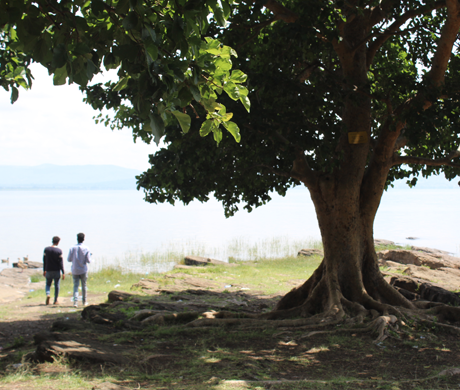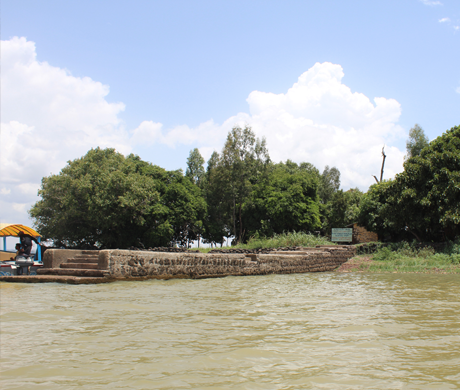 Farewell.
Farewell.
The past eight weeks have allowed for me to unlock something within myself that I haven’t seen in over a decade – my home country. I was able to return to the place where my entire family lineage came from and was able to divulge back into the culture that has shaped so many of the people in my past. This overwhelming sense of pride that this trip has given me has also awoken something else – the need to make sustainable change.
My research provided me the information necessary to conclude that there is an issue within the Ethiopian government and their approach to health care initiatives to the country. However, in order to alleviate the burdens that the country has in the first place is to replenish the supplies that they are in need of. This is through direct participation of Oasis Medical Relief or other organizations – such as Doctors Without Borders and others. The resources are available for these organizations out there, the only question is how will they be able to get it to there.
I also learned the importance of cultural relativism concerning ethics. Western influence in Ethiopia is clearly seen, however that influence stops when it infringes on the personal beliefs and morals of the Ethiopian people. When conducting research, it is important to understand the culture, history, and beliefs of the community in order to gain a better understanding of the culture. This allows for a greater understanding of the rationale behind many of the health care professionals decision-making when providing health care services for the community.
This week I have drafted a memo and will be sending it to the Ministry of Health and PFSA to improve distribution methods of medical supplies across the country. I hope to inform both of the organizations of the need to create sustainable change and bring to light the numerous problems that many rural hospitals face. In addition to this, I have solidified relationships with many hospitals across the country to continue to send medical supplies to the hospitals which continue to have shortages. If the Ministry of Health and PFSA are unable to make these changes, I hope that Oasis Medical Relief will continue to help the hospitals until the government intervenes to make changes. I hope that in the future these hospitals will have an influx of medical supplies so they will be able to give back and send supplies to hospitals in other countries that have shortages.
As my last day in this country looms, I have been asking myself the hard questions that will be daunting on me for the next couple of months. When will I return to this country? Will my efforts with the Ministry of Health and PFSA actually make a difference with distribution methods? Although I found the necessary information for my study, how will I be able to make sustainable differences with the hospitals that I visited? These are all questions that I hope to find the answer to as I begin the next chapter of my Duke career.
Till next time.

 Change.
Change.  Culture.
Culture. Mental health.
Mental health. It’s been 10 years. I traveled to Ethiopia for the first time that I can remember in 2008.
It’s been 10 years. I traveled to Ethiopia for the first time that I can remember in 2008.